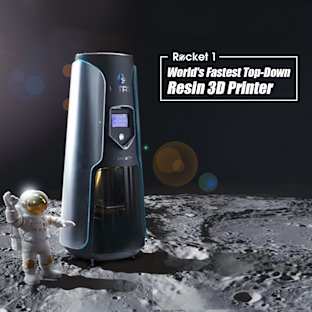Youthaiti - Building a Healthier Future in Rural Haiti
Youthaiti is a 501 (c) (3) non-profit organization, now in its sixth year of helping people in rural Haiti develop sustainable sanitation and hygiene, and encouraging the recycling of human byproducts to enhance sustainable agriculture.
We need your help to complete the next phase of building our Center For Sustainable Development in the village of Duchity, in the southwestern Haitian province of Grand'Anse.
![Duchity, Grand'Anse The arrow and star identify the location of Duchity, Grand'Anse in southwest Haiti]()
The Youthaiti Center for Sustainable Development will spread our reach in the rural communities of southwest Haiti – far from the aid efforts centered in large cities – and will help more people develop practical, sustainable ways to break the cycles of poverty and disease that destroy far too many lives each year.
THE PROBLEM
When Gigi Pomerantz first visited Haiti in 2006 as a visiting health-care provider, she quickly learned that 85 percent of rural Haitians practice “open defecation” – in other words, they have no toilets at all, and feces and urine end up anywhere and everywhere. This often leads to the rapid spread of pathogens and parasites. More than 10 percent of Haitian children under the age of 5 die each year because inadequate sanitation is so pervasive in rural areas. Adults and children alike in many communities are infected with worms, chronic diarrhea and dangerous diseases, including cholera, which can kill a person in hours without diagnosis and proper treatment.
Pomerantz founded Youthaiti in the town of Duchity, in the southwest Haitian province of Grand'Anse -- home to the the country's last indigenous forest land -- to help young people overcome these often devastating problems.
WHAT WE'VE DONE SO FAR
Youthaiti provides sanitation facilities and community education in hygiene and sustainable agriculture methods in Grand'Anse. So far:
- We've trained more than 120 community-based health workers in principles of ecological sanitation, improved hygiene, and the prevention, identification and treatment of diseases spread by inadequate disposal of human feces and urine.
- We've funded and built more than 15 “dry toilets” in rural community centers, which safely collect feces and urine so they can be treated and used as safe and effective agricultural fertilizer.
![]()
- We've installed more than 120 “Arborloo” latrines that trap feces and urine below ground and beneath a concrete cap, where it can biodegrade safely. In time the waste turns into fertilizer, and the former arborloo site becomes home to a fruit tree or other beneficial planting.
![The Evolution of an Arborloo]()
WHERE WE GO FROM HERE
Youthaiti is building a permanent home in Duchity to continue providing sanitation, education and agriculture assistance in the community, and to extend our work to other communites in the region.
The Youthaiti Center for Sustainable Development will serve as our base of operations, an education center, as a community gathering place, and as accommodations for people who travel from other communities for a day or a week of training programs.
The Center will provide many young Haitians with their first "hands on" experience with ecological technologies including rainwater harvesting, ecological toilets, permaculture gardening and using earthworms to improve composting.
Phase One of the project is complete. Thanks to support from donors in the United States and the work of our staff and volunteers in Grand'Anse, we've acquired land and built the concrete foundation for our future home.
(See for yourself at http://www.youtube.com/watch?v=_tDU64Fqi4I)
We need your help to complete Phase Two: erecting the first section of the structure including kitchen and dining facilities, temporary sleeping space, equipment for composting, seed beds for future gardens and -- you guessed it -- an arborloo with handwashing facilities.
The cost of this phase is $10,000.
Future phases will include:
Phase Three: Adding a large meeting room, a resource room and an indoor composting toilet, as well as starting a demonstration "permaculture" site using recycled human byproducts as fertilizer.
Phase Four: Building dormitory facilities for guests and a second indoor toilet.
Phase Five: Adding office space, additional sleeping quarters and a conference room, installing a third compostiung toilet and creating a rooftop solar array.
For more information visit us at:
www.youthaiti.org






































































